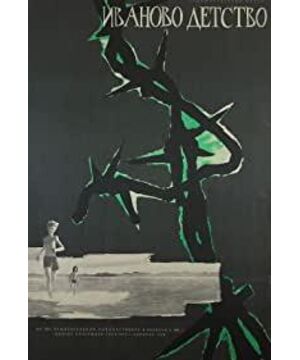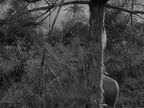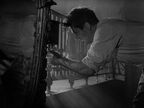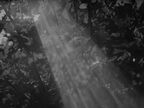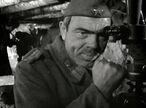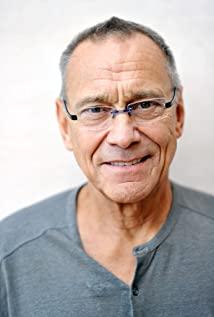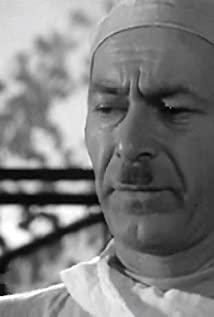A friend lent me a lot of CDs, so I picked this one first. Speaking of which, this is also the first time I have watched a Russian war movie, and I have never known about the famous director Tarkovsky. The whole film is black and white, with a cold sense of the times; cannon fodder renders the cruelty of war; swamps, muddy water, sporadic artillery fire, dilapidated ruins, hanged soldiers... Scenes and scenes are pouring out with visual impact. come. I love the cut of the film, the black-and-white documentary-like feel of the shots, which gives us a context of "feeling the pain of others" as Susan Sontag puts it. In the smooth black and white, Ivan's pretty face is impressive; however, at the end of the film, Ivan and his sister are running happily on the beach, facing the sunset (sorry, because it's black and white, so I'm not sure it's the morning sun It's still sunset, but I think children generally like to play in the afternoon...), the film ended here, leaving the audience with aphasia... Tarkovsky gave the audience the right to speak, Nothing superfluous and sensational. Just like a photographer with a camera, watching all beings from the sidelines; however, the crimes of the Nazis, the embarrassment to the disappearance of Ruhua’s childhood, quietly played a string in the silent place, dejected, desolate, and firm.
View more about
Ivan's Childhood reviews


